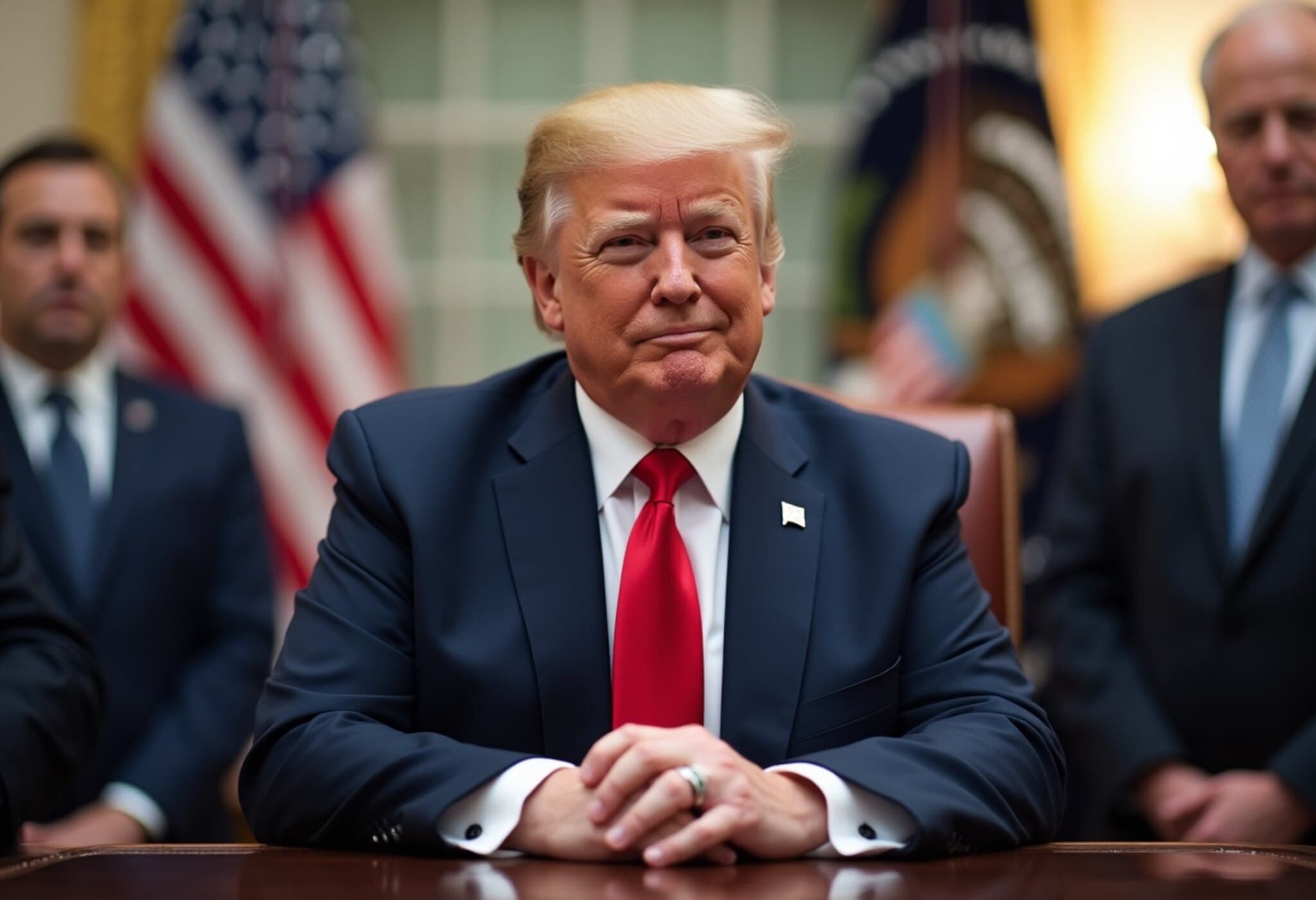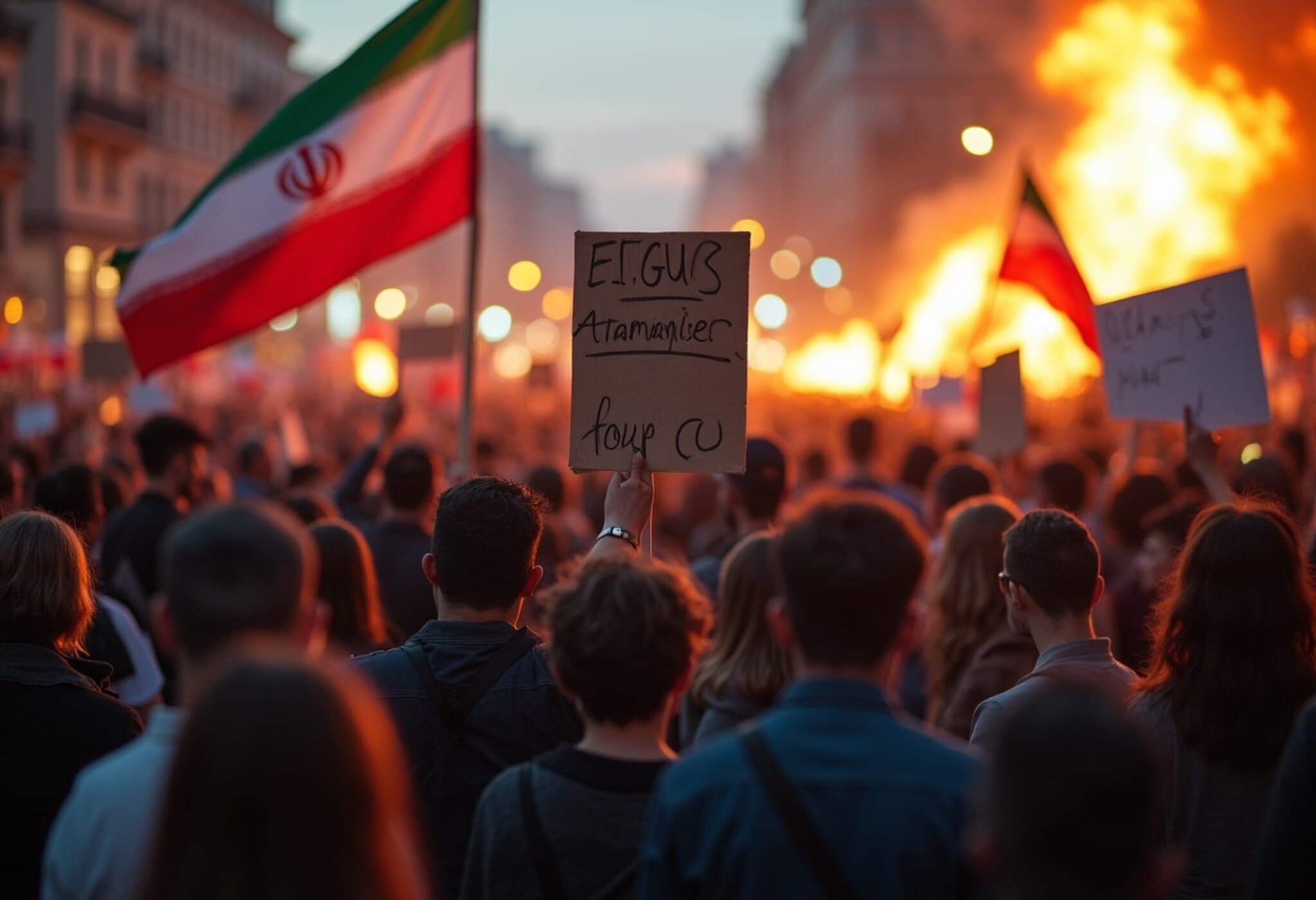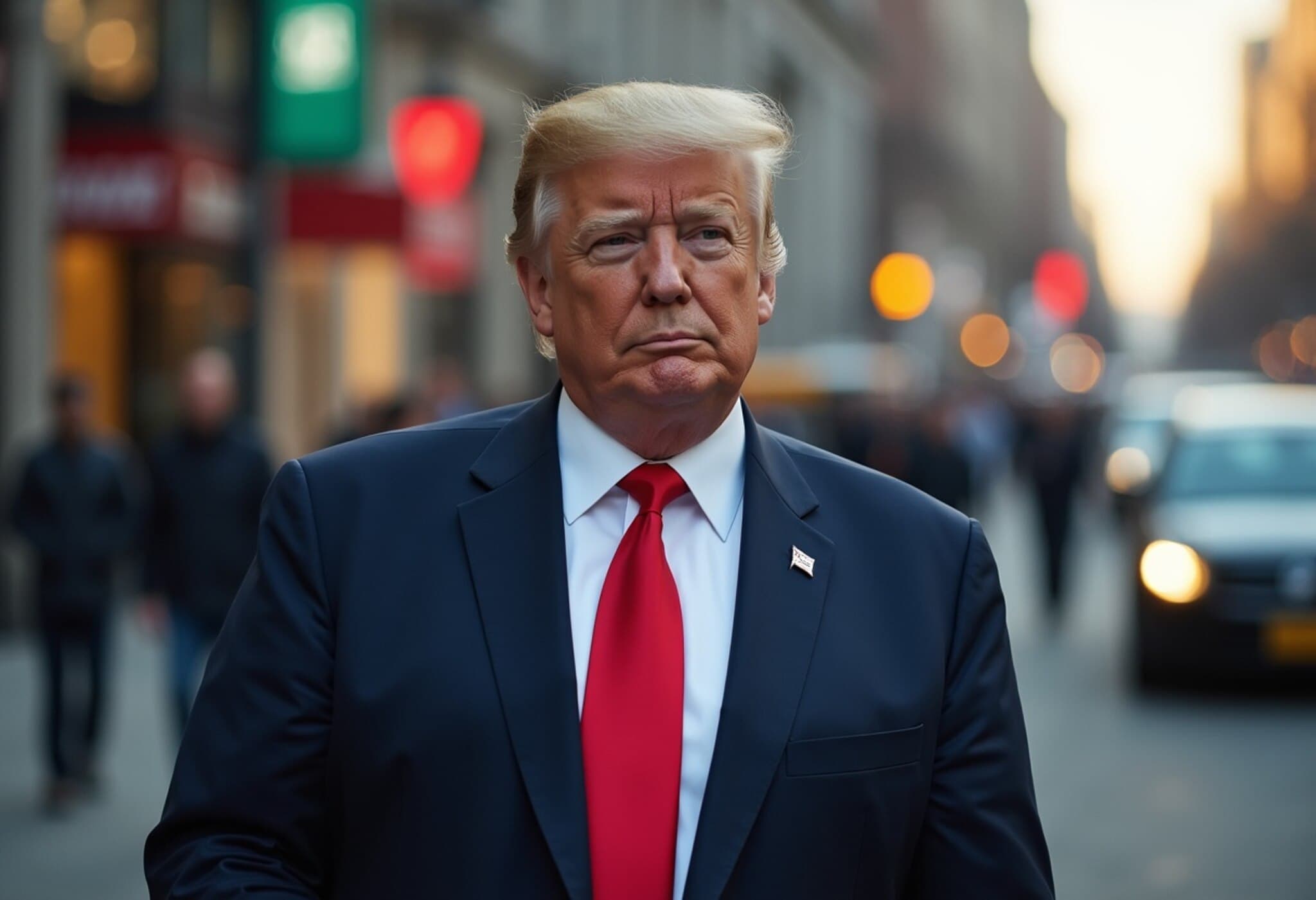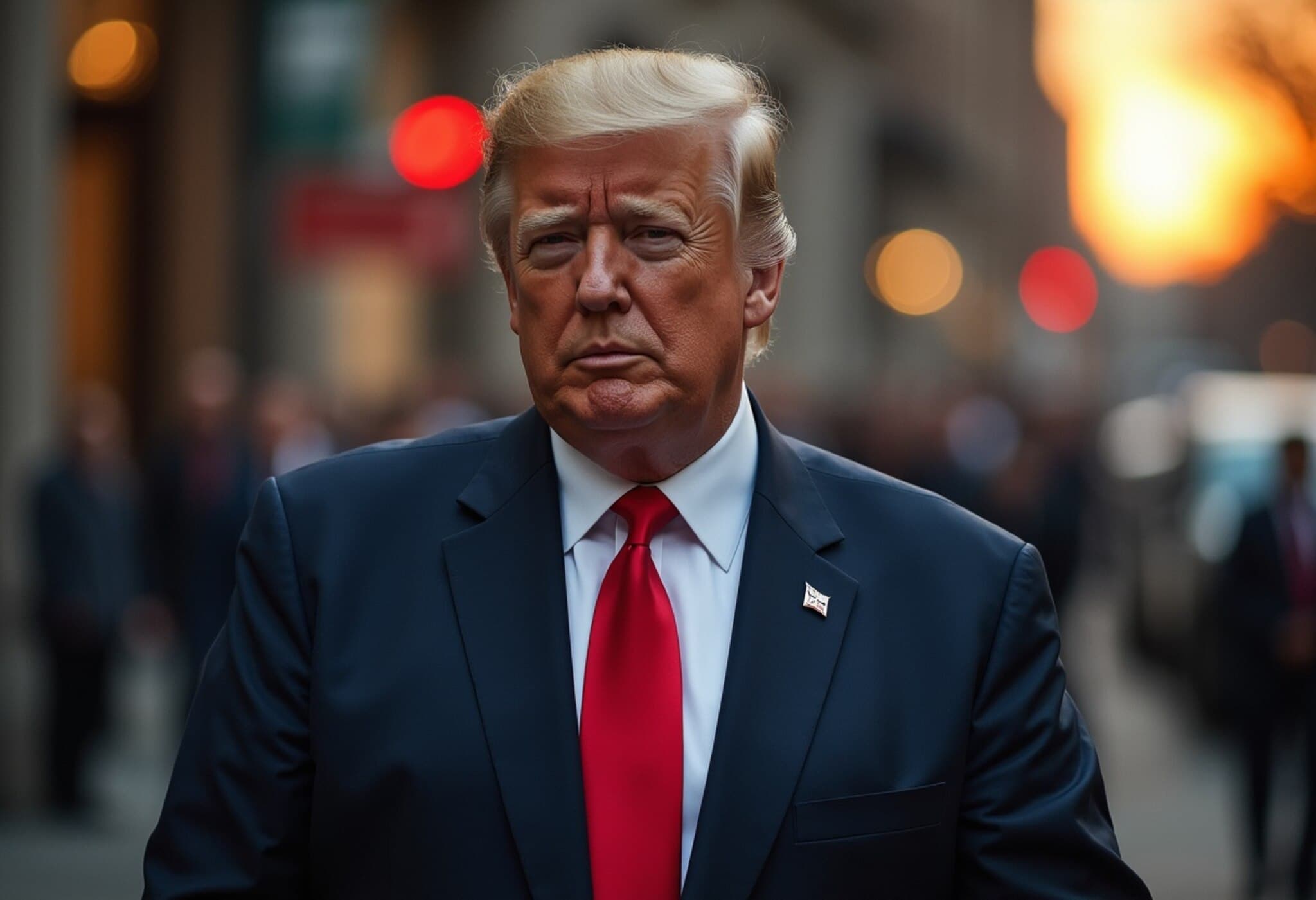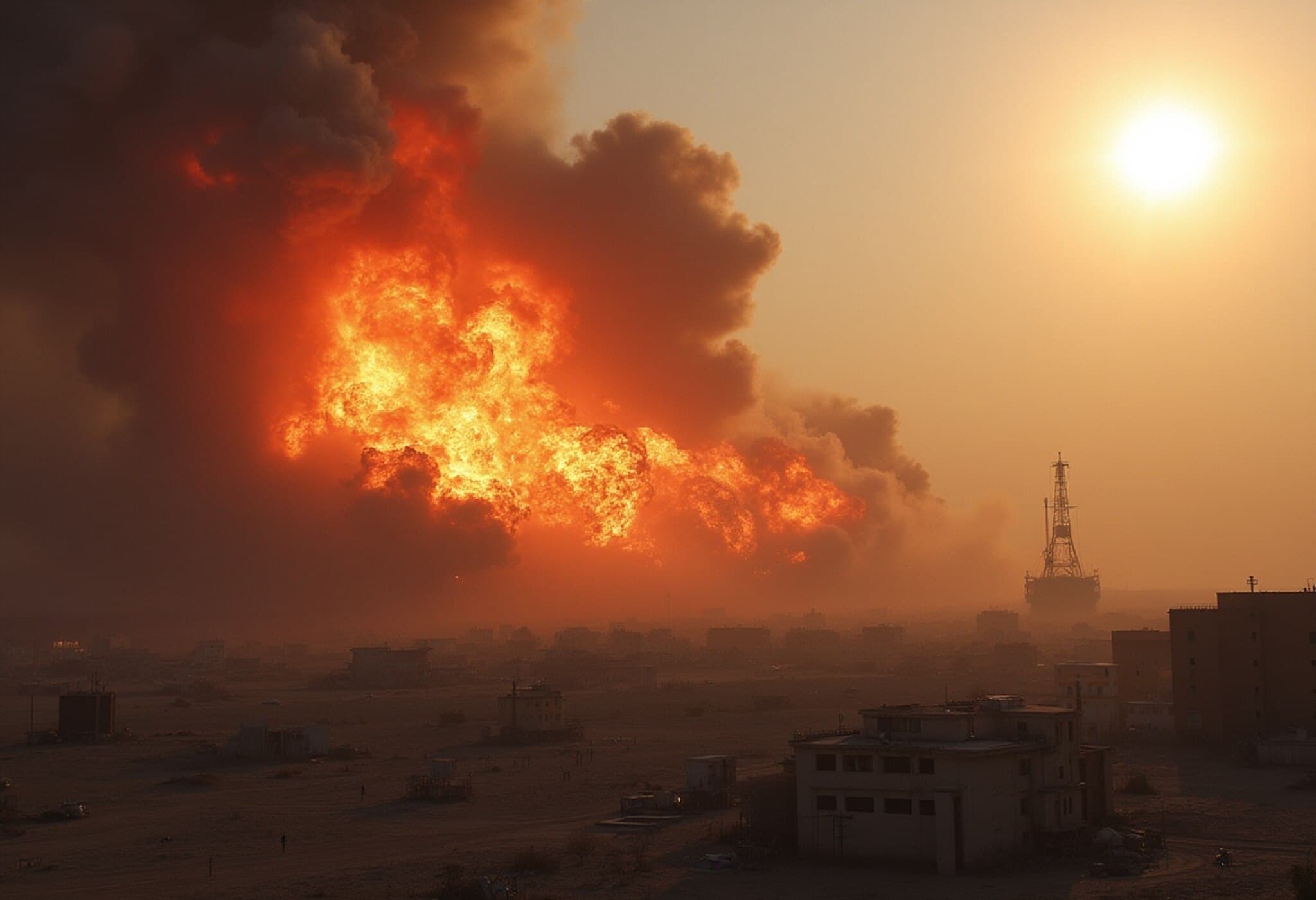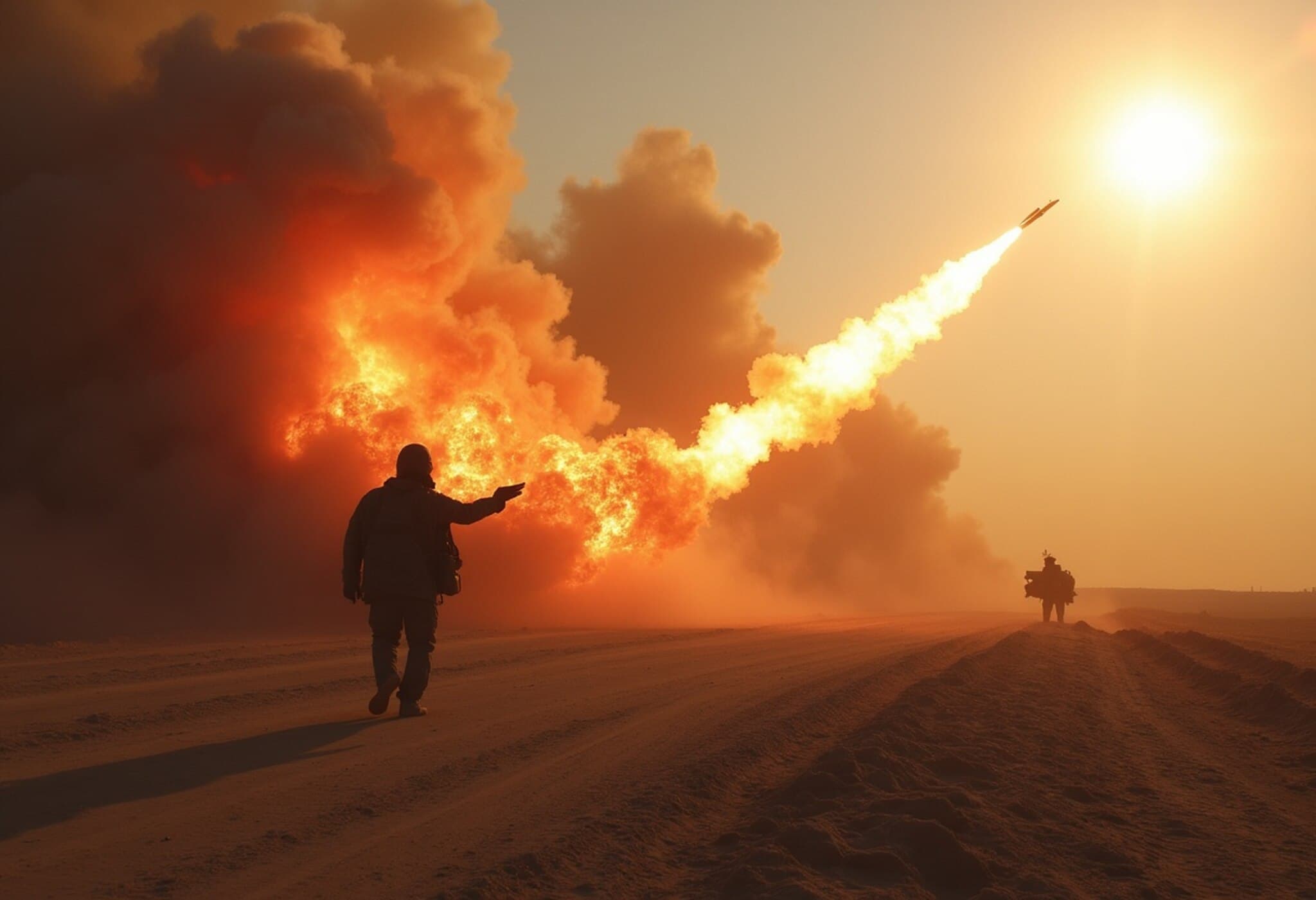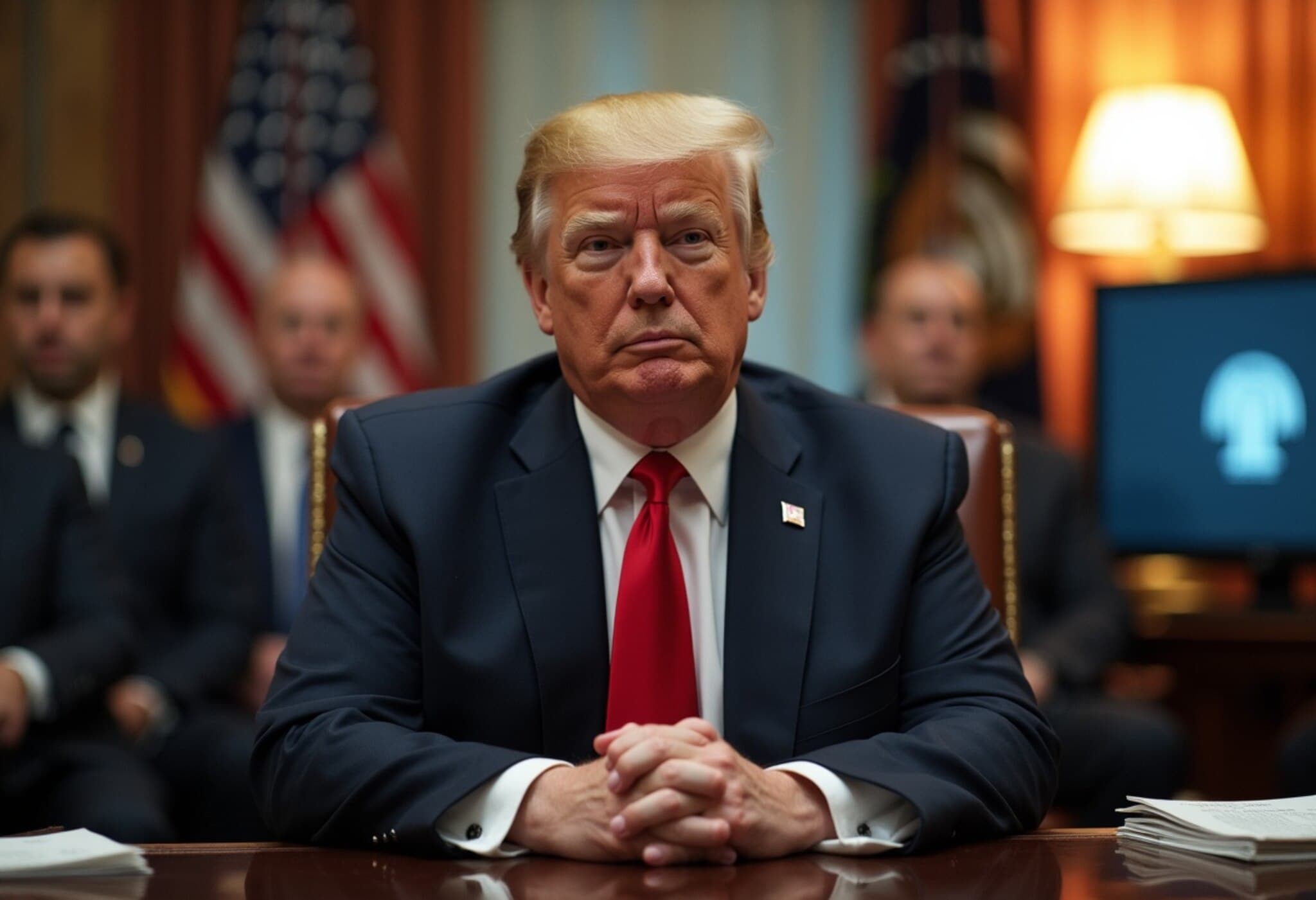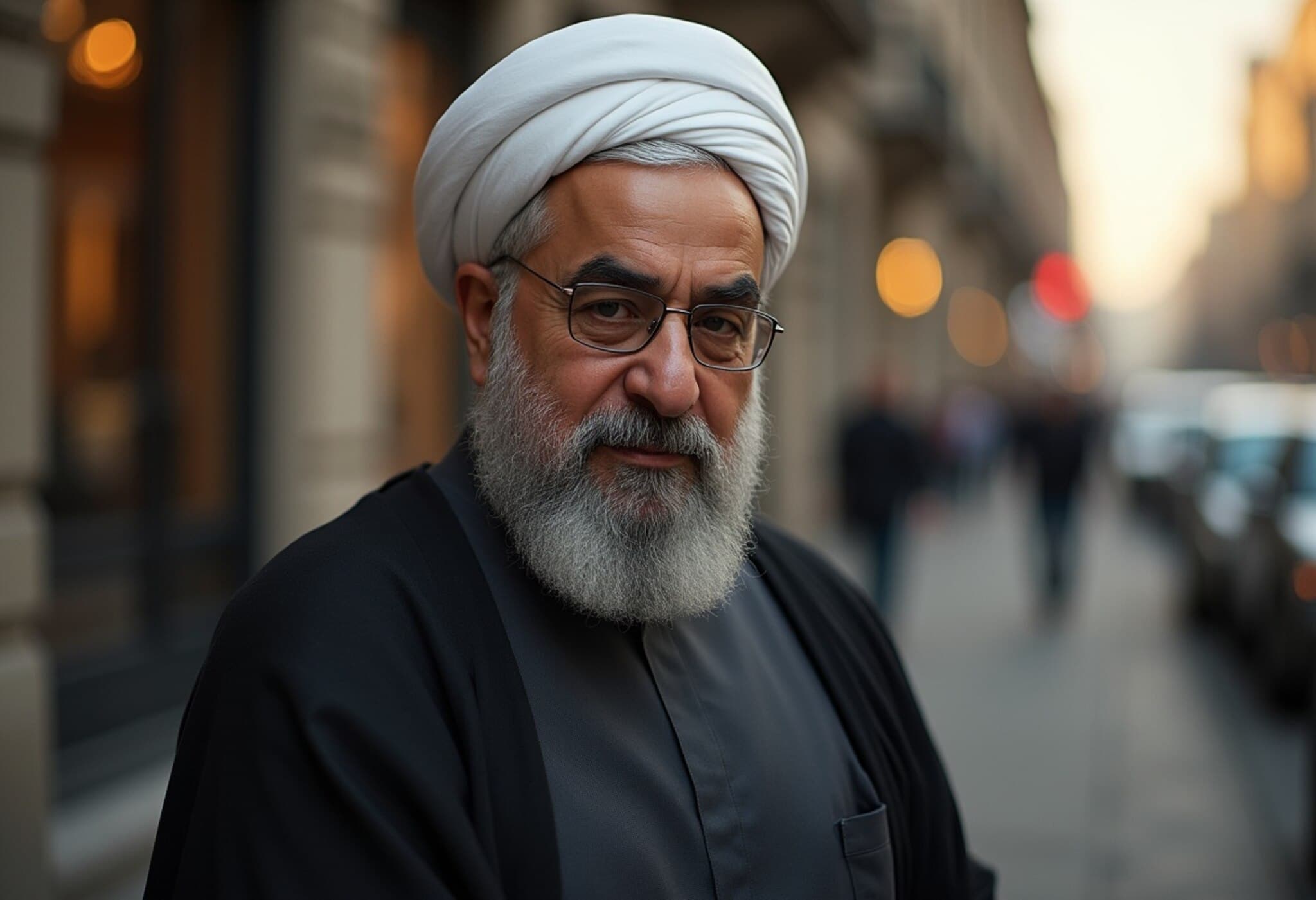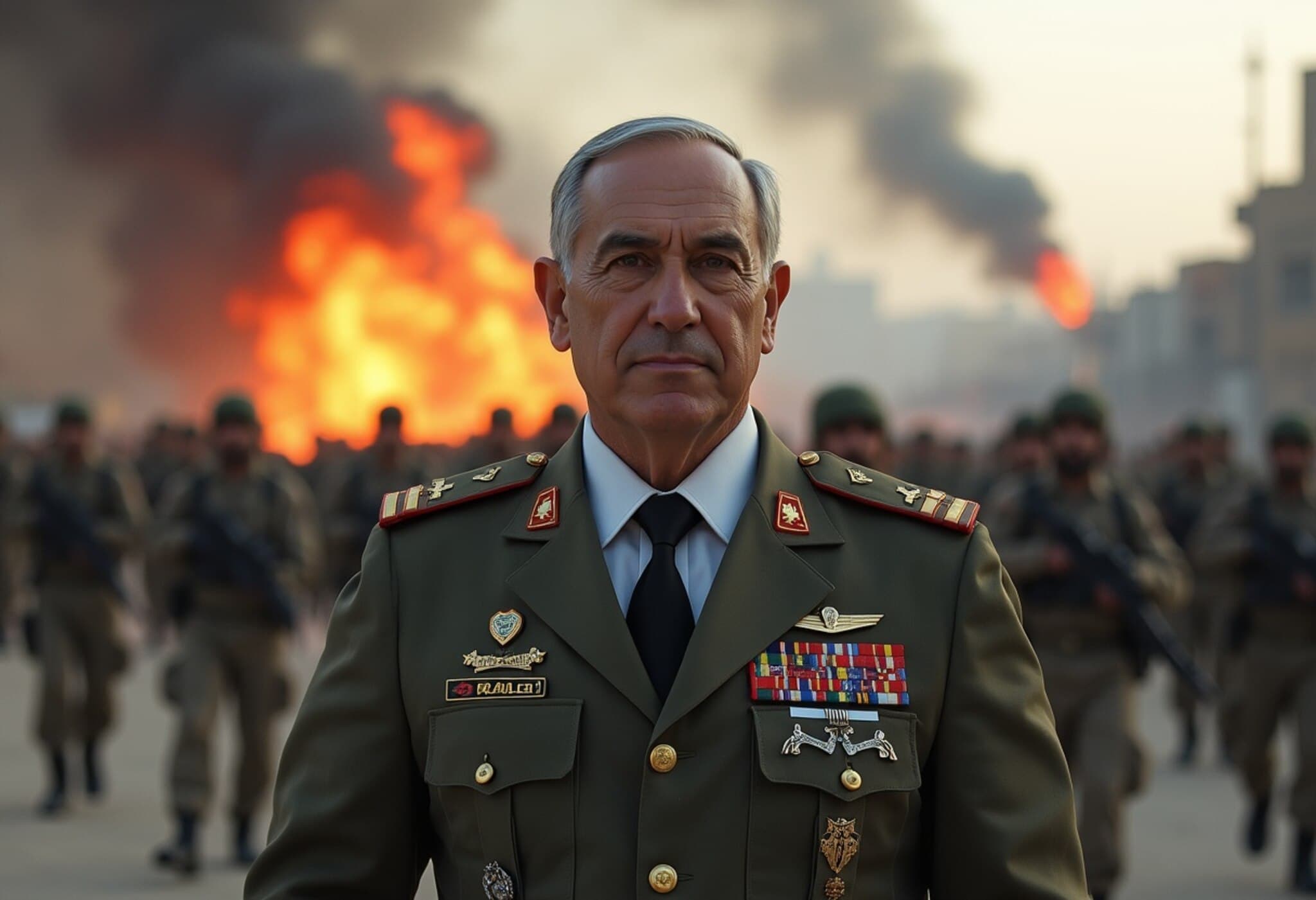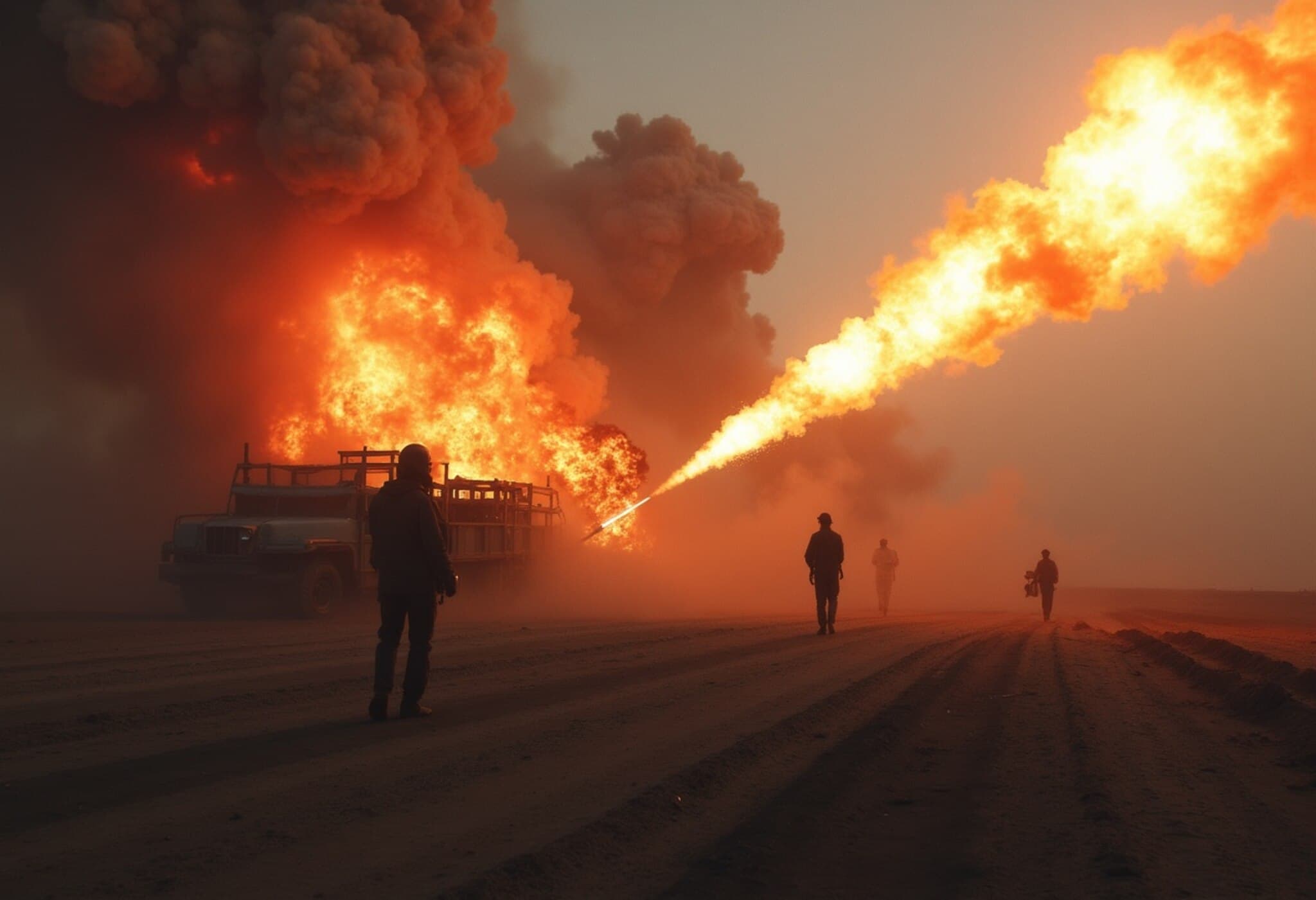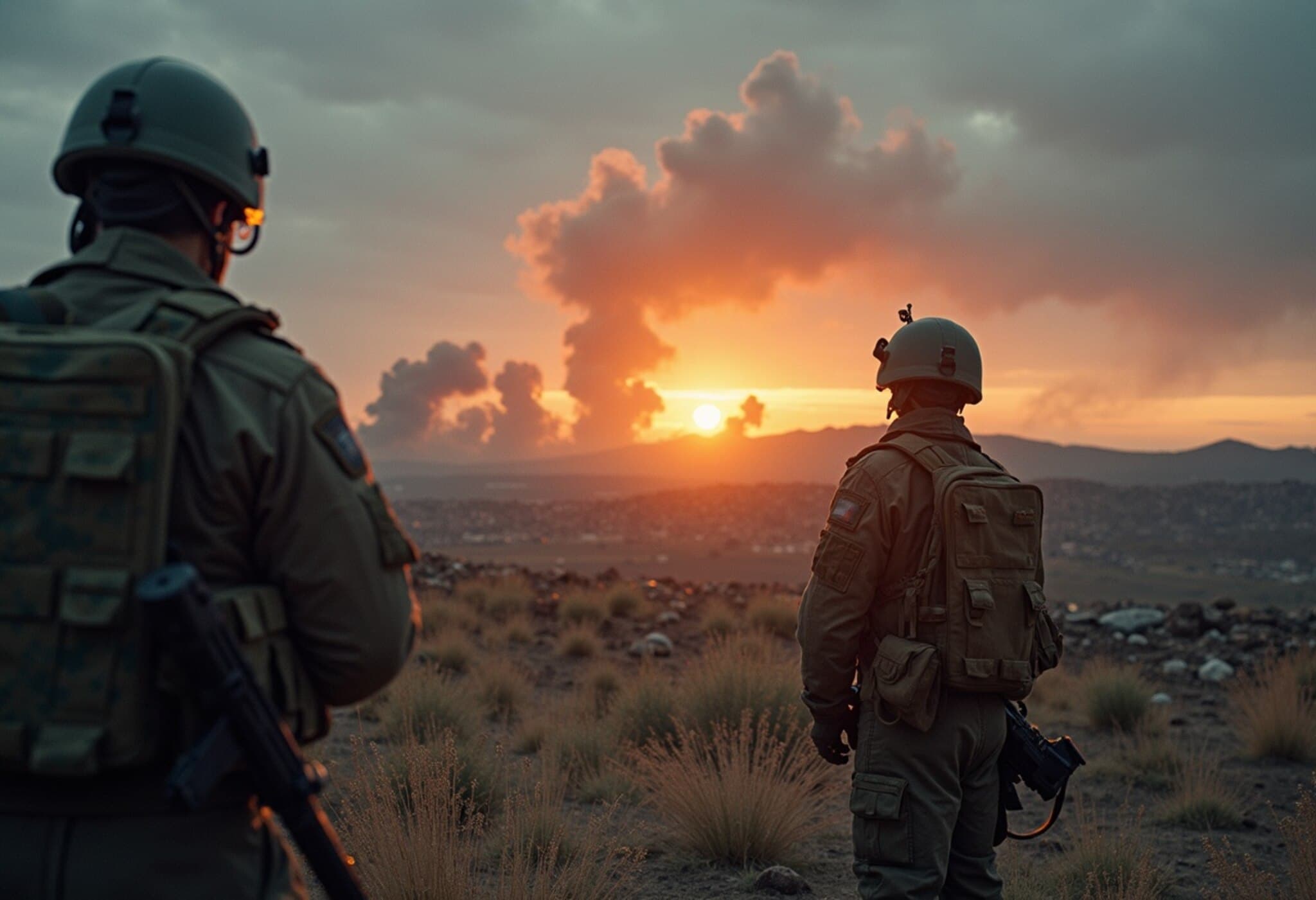US Military Launches Strikes on Iranian Nuclear Facilities
In a bold and controversial move, the United States carried out airstrikes against key Iranian nuclear enrichment sites, escalating tensions in an already volatile region. Using six B-52 stealth bombers, the attack targeted facilities in Isfahan, Fordow, and Natanz.
President Trump Declares Victory Amidst Doubts
President Donald Trump hailed the operation as a "spectacular military success," stating that Iran’s crucial nuclear infrastructure had been "completely and totally obliterated." He warned Iran to make peace, threatening more severe future strikes if the nation continued its nuclear ambitions. Despite these claims, Iran confirmed the strike but insisted that it had preemptively evacuated key materials, casting doubt on the attack’s effectiveness.
Nuclear Inspectors Report No Radiation Leaks
Regional nuclear monitors reported no signs of contamination or radiation leaks, suggesting the facilities might still be salvageable. This development hints at a long and potentially dangerous standoff ahead, with the US signaling it is prepared to pursue further attacks unless Iran capitulates.
Constitutional and Political Backlash at Home
The strikes, launched without Congressional approval, have sparked fierce criticism from lawmakers concerned about constitutional overreach. Congresswoman Rashida Tlaib condemned the move as "a blatant violation of the Constitution," emphasizing the risks of dragging the nation into perpetual conflict. Similarly, Congresswoman Alexandria Ocasio-Cortez called it "a grave violation of war powers," cautioning that it could entangle the US in a war spanning generations.
Divisions Within the Political Spectrum
While many within Trump's circle swiftly aligned with his decision, the move has created fractures even among his staunchest supporters. Some, like former intelligence official Tulsi Gabbard, had previously cast doubt on Iran’s nuclear weapons program but reversed their stance following pressure. Critics likened this shift to historical moments when misleading intelligence was used to justify war.
Meanwhile, several Republican figures including Vice President JD Vance, Defense Secretary Pete Hegseth, and Secretary of State Marco Rubio, who initially distanced themselves from Israel's aggressive actions, ultimately voiced support for Trump’s military strategy.
Geopolitical Context: A War Backed by Israeli Interests
The attack aligns closely with Israel's long-standing concerns about Iran’s nuclear program. Israeli leaders have framed Iran as an existential threat, positioning the Jewish state in a precarious spot surrounded by hostile neighbors. President Trump underscored US-Israel cooperation, calling their coordination "unprecedented" in neutralizing perceived dangers.
However, some lawmakers and commentators argue that this conflict stems from complex regional dynamics initiated by Israeli strikes and caution against further American involvement. Critics of US foreign policy point to the heavy costs of past wars in Iraq and Afghanistan as a warning against deeper entanglement.
Public Opinion Reflects Wariness
Despite government rhetoric framing the strikes as historic, public sentiment in the US appears sharply divided. Recent polls reveal a significant portion of Americans opposing the airstrikes, with many expressing uncertainty about the country’s role in another Middle Eastern conflict. The financial and human toll of ongoing wars weighs heavily on the national consciousness.





